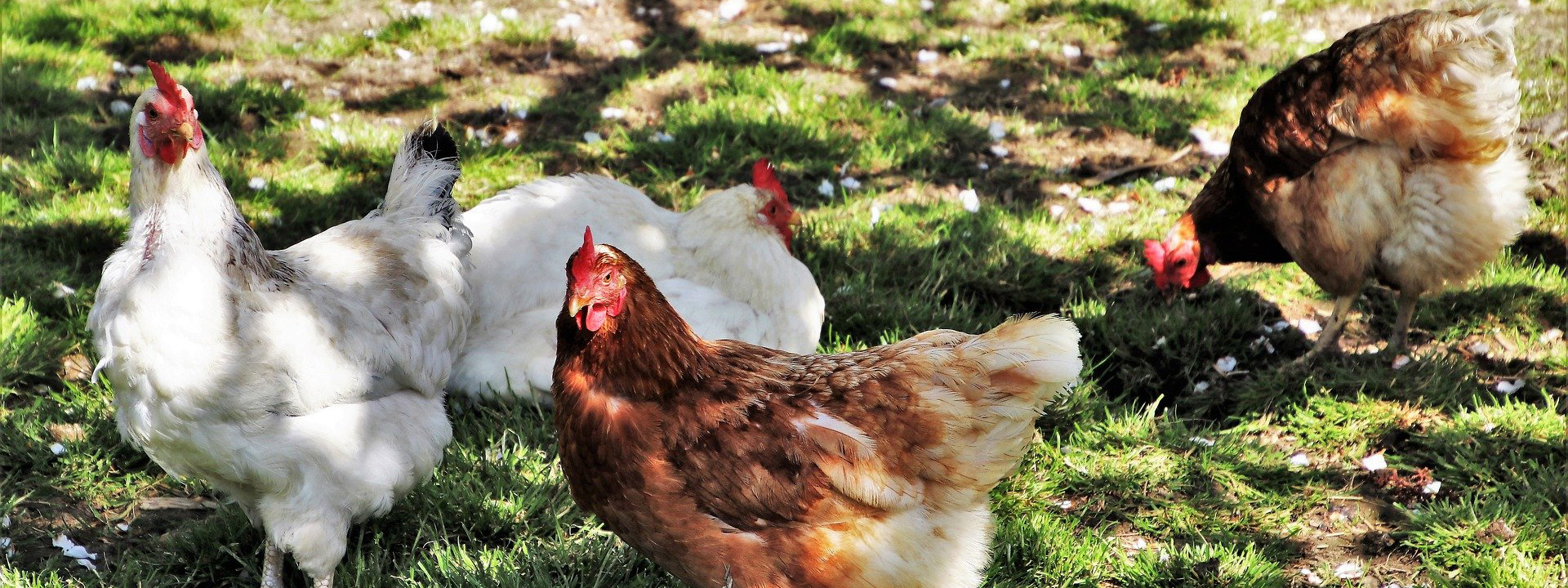
The contemporary communitarian movement in Germany started in the course of the movement of the 1960s. The K1 and K2 (Kommune 1 and 2) in Berlin pointedly turned the search for an emancipated life against the more conventional social and sexual lifestyle of a movement, which pretended to revolutionize late capitalism.
The Communards insisted that a revolutionary movement that wants to be true to its name must at least begin to anticipate in everyday practice in part what should become the prevailing principle of working and living in the New Society. With the beginning of the "alternative movement", many of those who wanted to develop new forms of life and work were drawn to the countryside.
With the Barhof in Lower Bavaria we were among the first movers when we revived this abandoned farm in 1975 with a group of ten people. We weren't alone. The whole of Lower Bavaria and all the way to Upper Bavaria was sprinkled with these hippie then post-hippie communities.
Today the ecovillage movement in Germany has left these countercultural beginnings far behind. Contemporary ecovillages are well-organized, innovative social experiments that consciously promote their practice in the outside world, towards the surrounding territory and a national and international public, apply for and receive grants for research projects, and enter into cooperation with universities. The aspiration to develop experimentally emancipatory forms of life and work here and now has remained a constant theme, striving towards an ecological conversion of economy and society.



